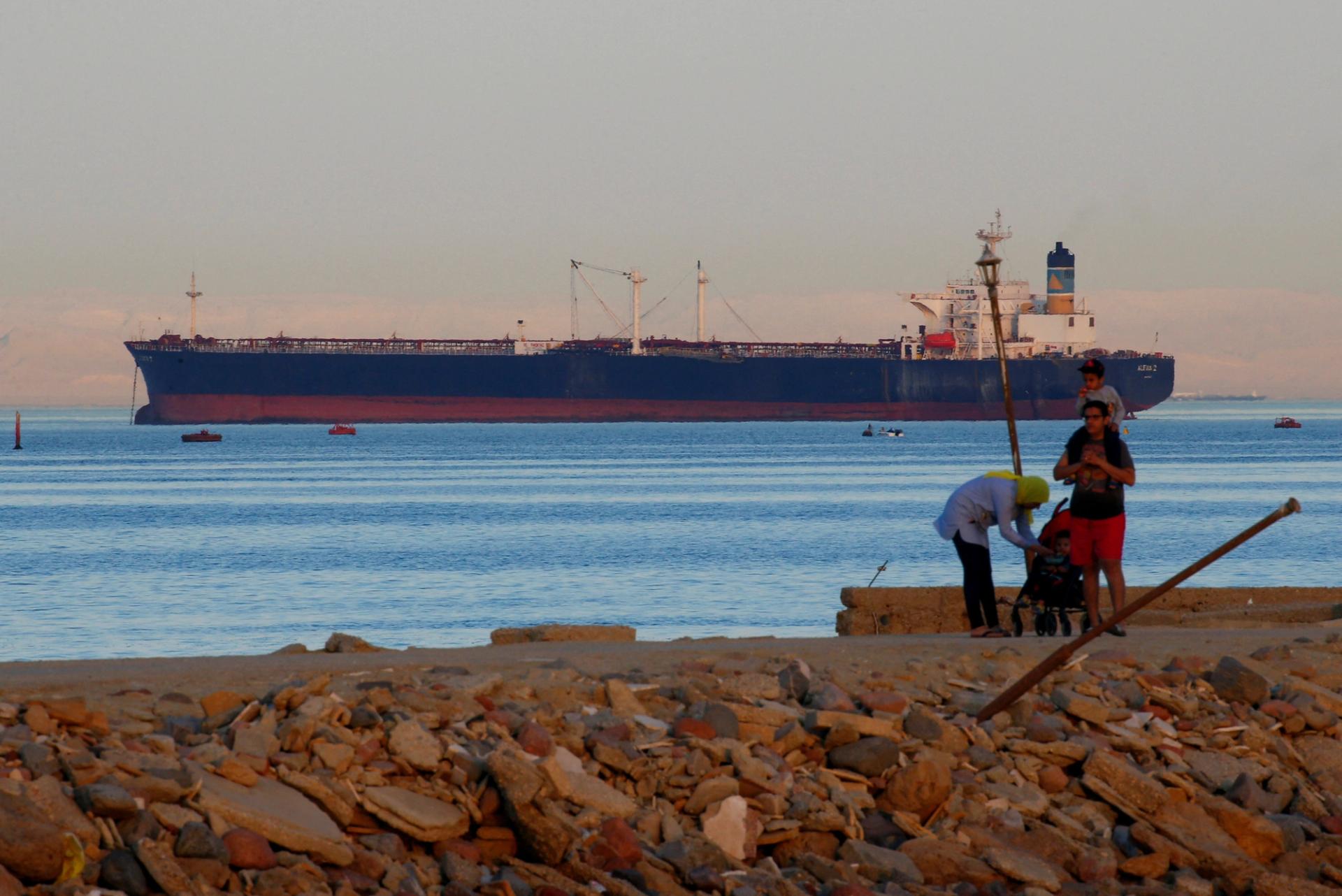The News
The Iran-backed Houthi rebels said they struck a U.S. commercial vessel in the Red Sea this week, as the U.S. renewed strikes on targets in Yemen.
Attacks by the Houthis have plunged the global supply chain and some economies into chaos, as shipping companies avoid hostilities in the region and take a circuitous route around Africa, instead of the faster route through the critically important Suez Canal.
SIGNALS
Red Sea crisis threatens major players in global trade like India
Around 50% of Indian exports and 30% of imports pass through the Red Sea, Indian outlet Firstpost reported. That makes the trade corridor crucial to the nation, and continued unrest in the region could threaten to downgrade India’s credit outlook in the coming year, the outlet noted. About 25% of outbound goods have been held back in India, while 95% of cargo ships from the country have opted for the lengthy route around the Cape of Good Hope, instead of through the Red Sea. “The Red Sea crisis, beyond being a security challenge, is testing the resilience of the Indian economy,” columnist Simantik Dowerah wrote.
Businesses are better prepared for Suez Canal disruptions after one of the world’s biggest shipping containers got stuck
Delays in the Suez Canal have caused issues for global supply chains before. In 2021, the canal was blocked for days by the Ever Given, one of the world’s largest shipping containers, that got stuck in the Suez, holding up $60 billion in trade. It took around two months for shipping to return to normal, but offered businesses a crash course in dealing with a crisis in the vital trade corridor. This time, “shippers can seek alternative routes or shipping mediums to get the goods where they need to be, which should prevent a more severe disruption from taking hold,” Wells Fargo’s chief economist said.
Israel will be battered by economic downturn for years after war
Israel enjoyed a two-decade period of relative peace, but the fallout of the war will likely cause an economic crisis in the nation that the younger generation has not experienced before, Haaretz economics editor David Rosenberg wrote in Foreign Policy. Israel’s credit outlook is poor, and will likely see fewer investments as companies that established themselves in the Middle Eastern tech hub look elsewhere.
The country is also facing a future brain drain as younger Israelis, disenfranchised by the political outlook and future military obligations, opt to move away. “It is safe to assume that the war marks the end of a 20-year era of peace … and the return to the more militarized state and society,” Rosenberg wrote. “The Israel of the coming years, if not longer, will look very different.”

